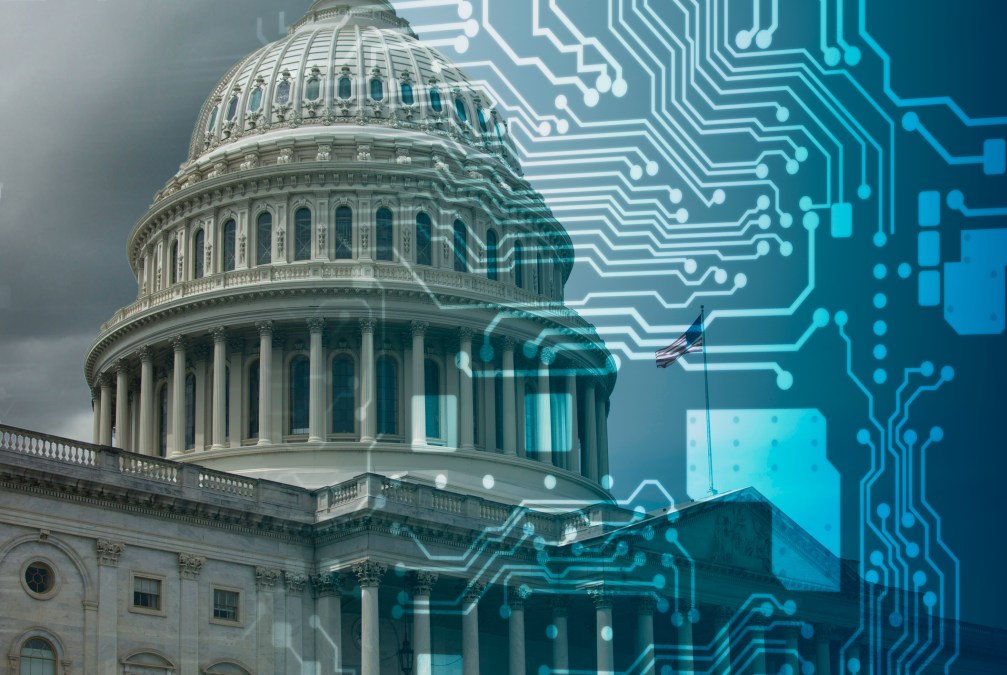OSTP, GAO still differ on informing agencies of implementing status on AI

The White House isn’t on board with a Government Accountability Office recommendation on how the executive branch should communicate with federal agencies about artificial intelligence governance, according to a report from the congressional watchdog.
In the report, the GAO listed eight priority recommendations for the Office of Science and Technology Policy, including on managing climate change risks, using data to address national goals, addressing research security risks and regulating AI. But the GAO also revisited a December 2023 recommendation that advised OSTP to “inform agencies of their status as implementing agencies with regulatory authorities over AI.”
OSTP disagreed with the recommendation and pointed to a Trump-era executive order on maintaining leadership. While OSTP and a select committee on AI must determine which agencies are implementing agencies, the office is not required to communicate the designation to those selected.
“Some agencies stated that they were unaware of their designation, and therefore not certain of their requirements under the memorandum,” the report said. “Thus, we continue to believe that full implementation of this recommendation is warranted so that agencies are able to complete requirements related to the executive order.”
GAO stated that OSTP’s action to inform agencies would “strengthen agencies’ efforts to proactively prepare for AI complexities, benefits and risks.”
OSTP cited the Trump EO in response to the GAO, writing that implementing agencies are required to fulfill six responsibilities, including the promotion of “sustained investment in AI [research and development] collaboration,” an area of continued concern for OSTP.
In a previous interview with FedScoop, OSTP Director Arati Prabhakar said much of the office’s work on artificial intelligence via R&D lived “at the intersection of AI, information technology and the real world.”
“To do this work well is going to require all the marvels of AI,” she said. “And it’s going to continue to require the laboratory research that’s been the foundation of so many of these different disciplines.”



